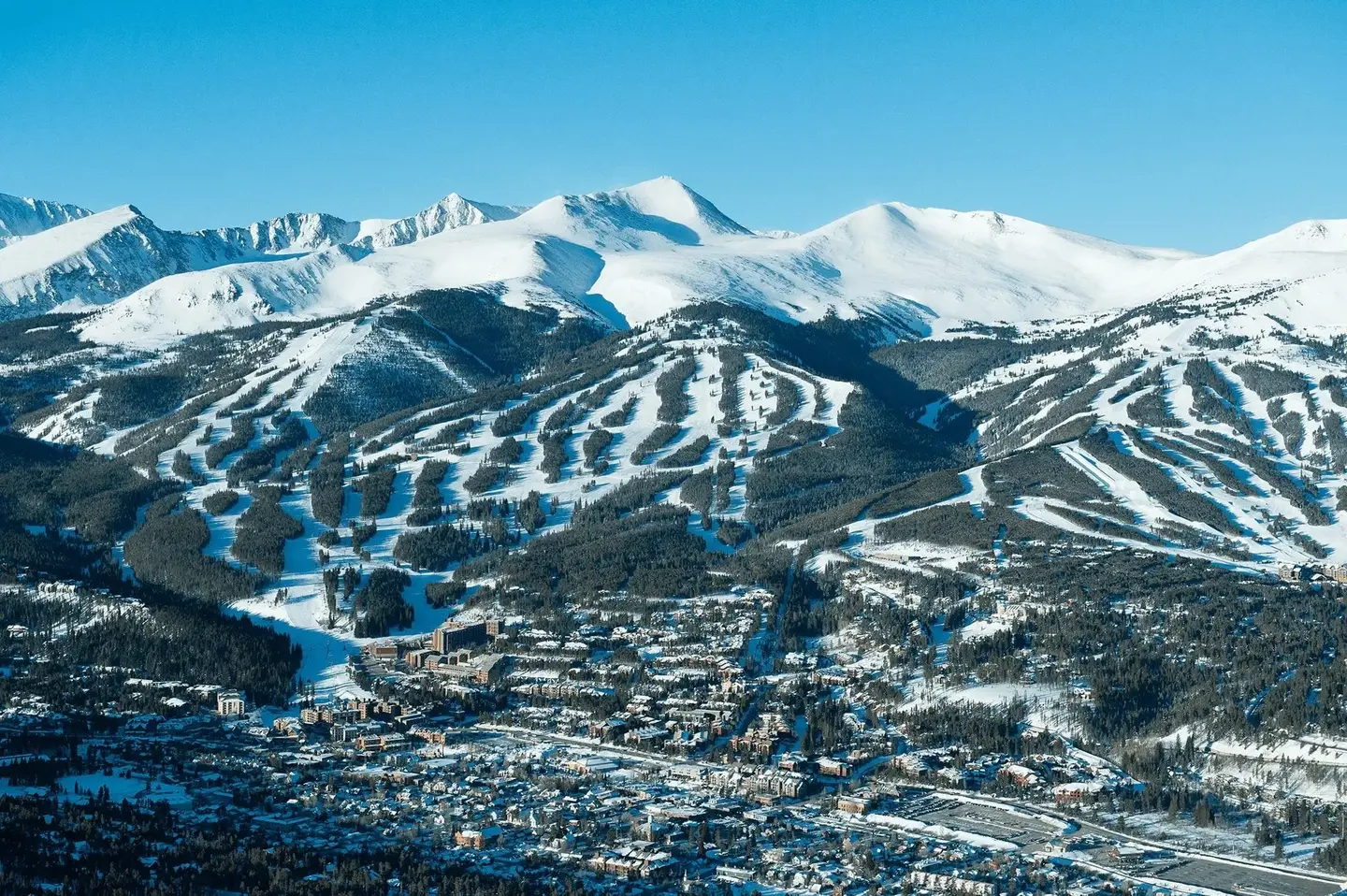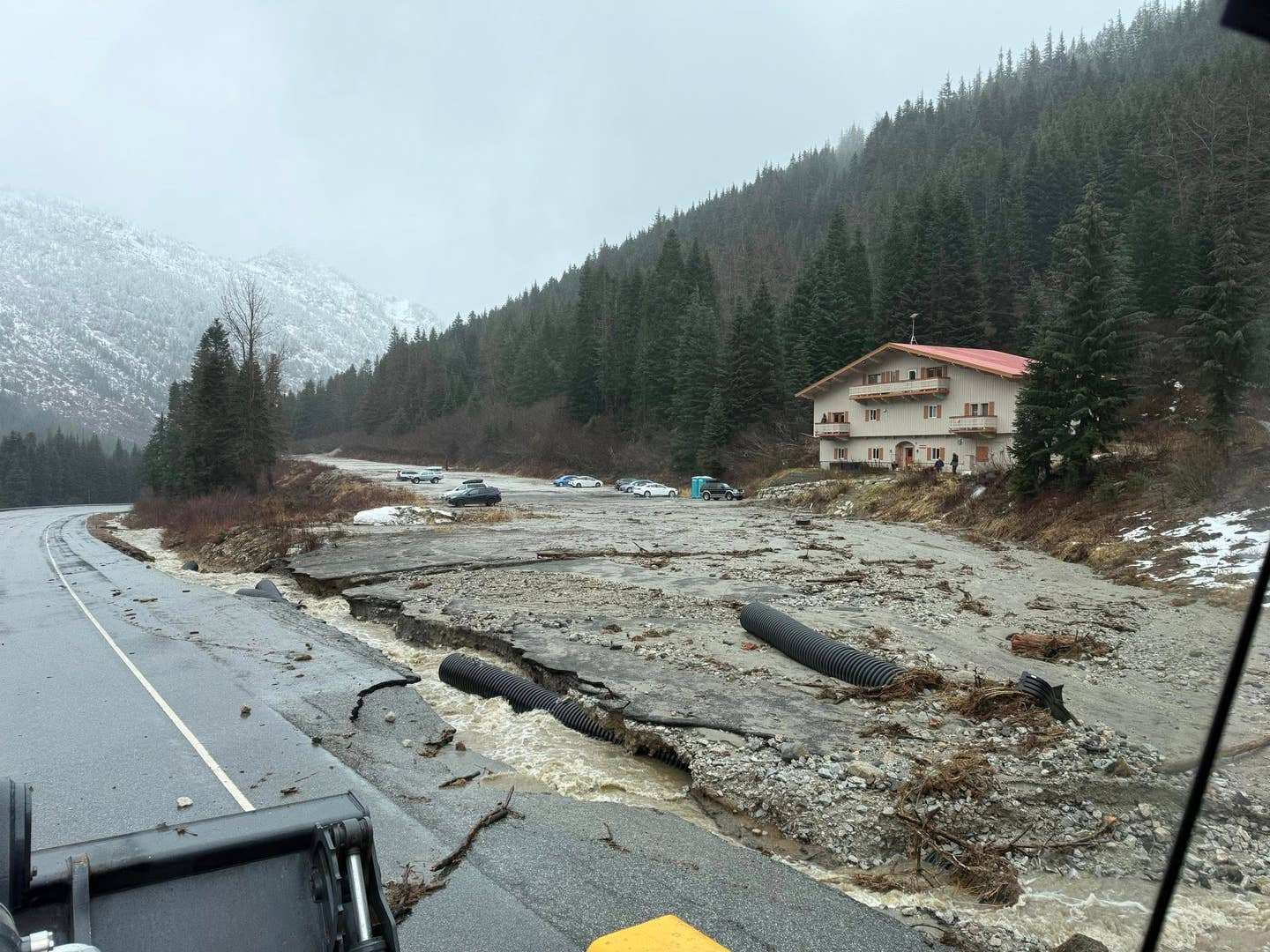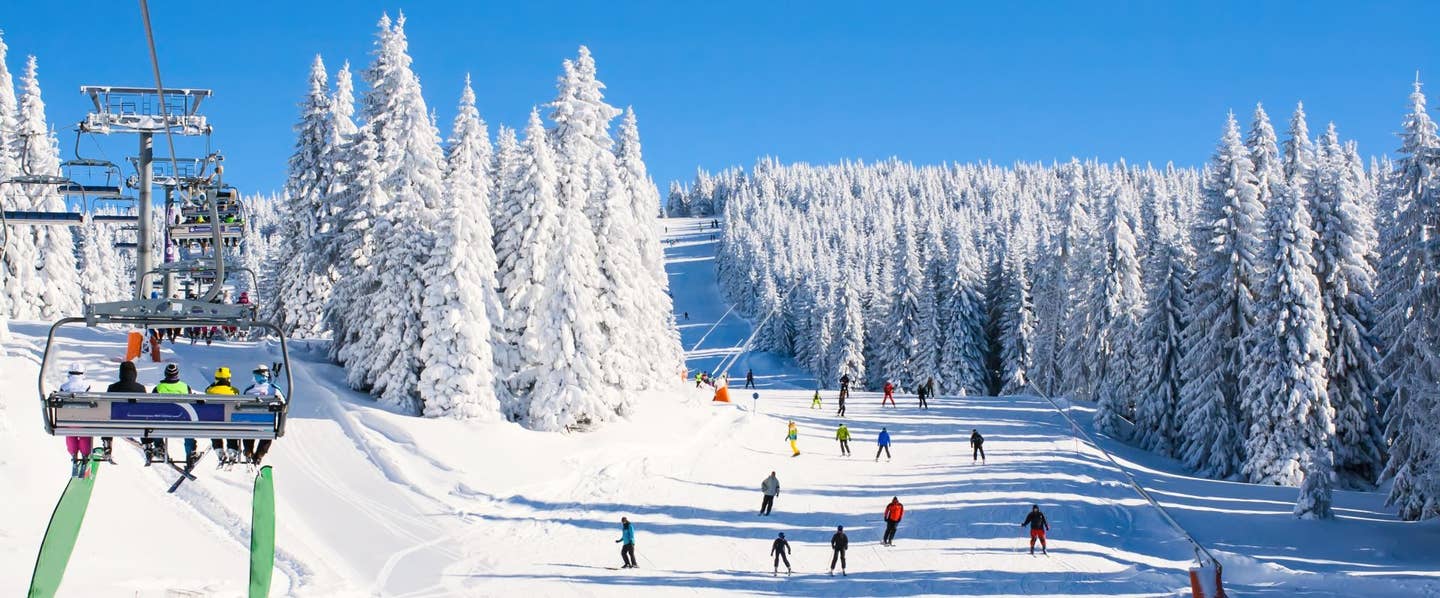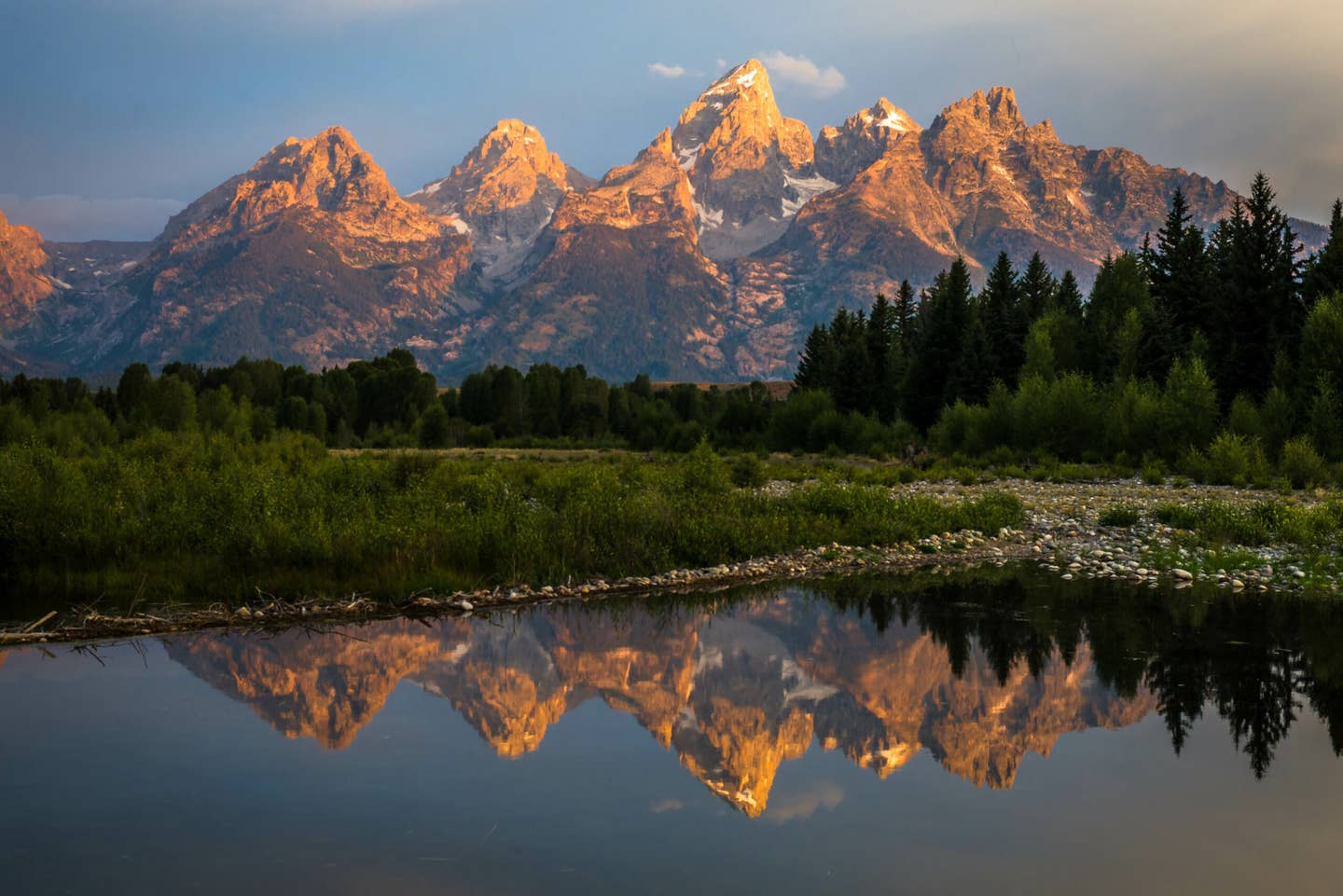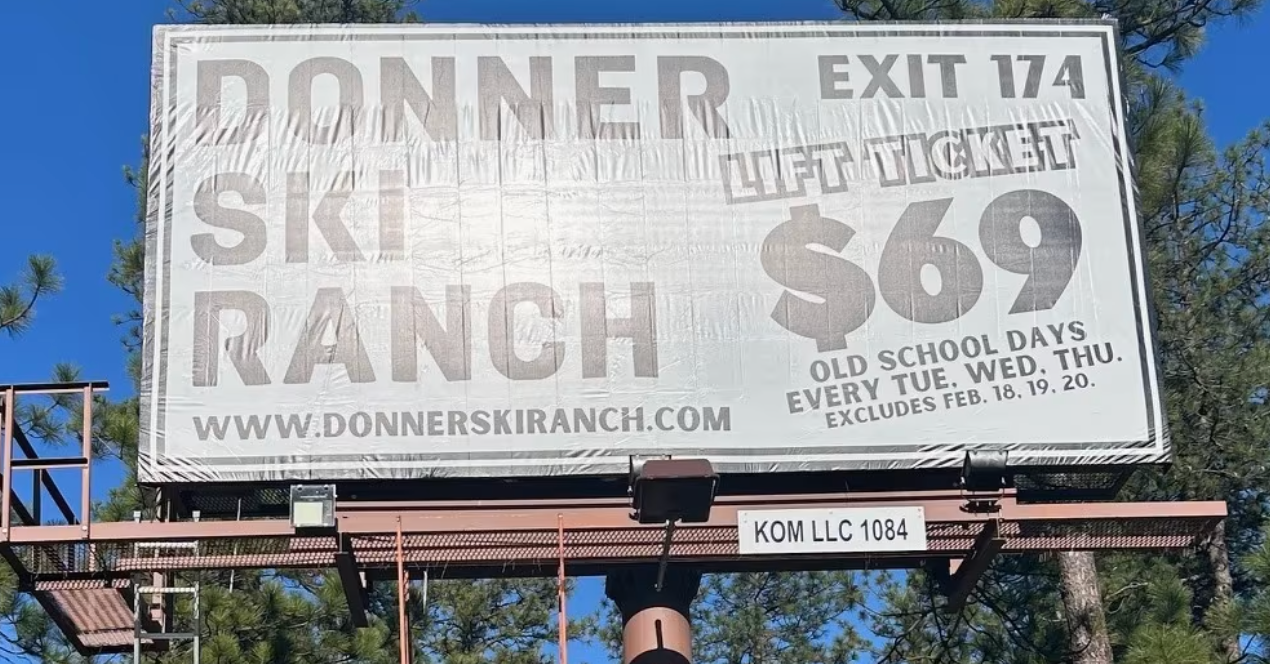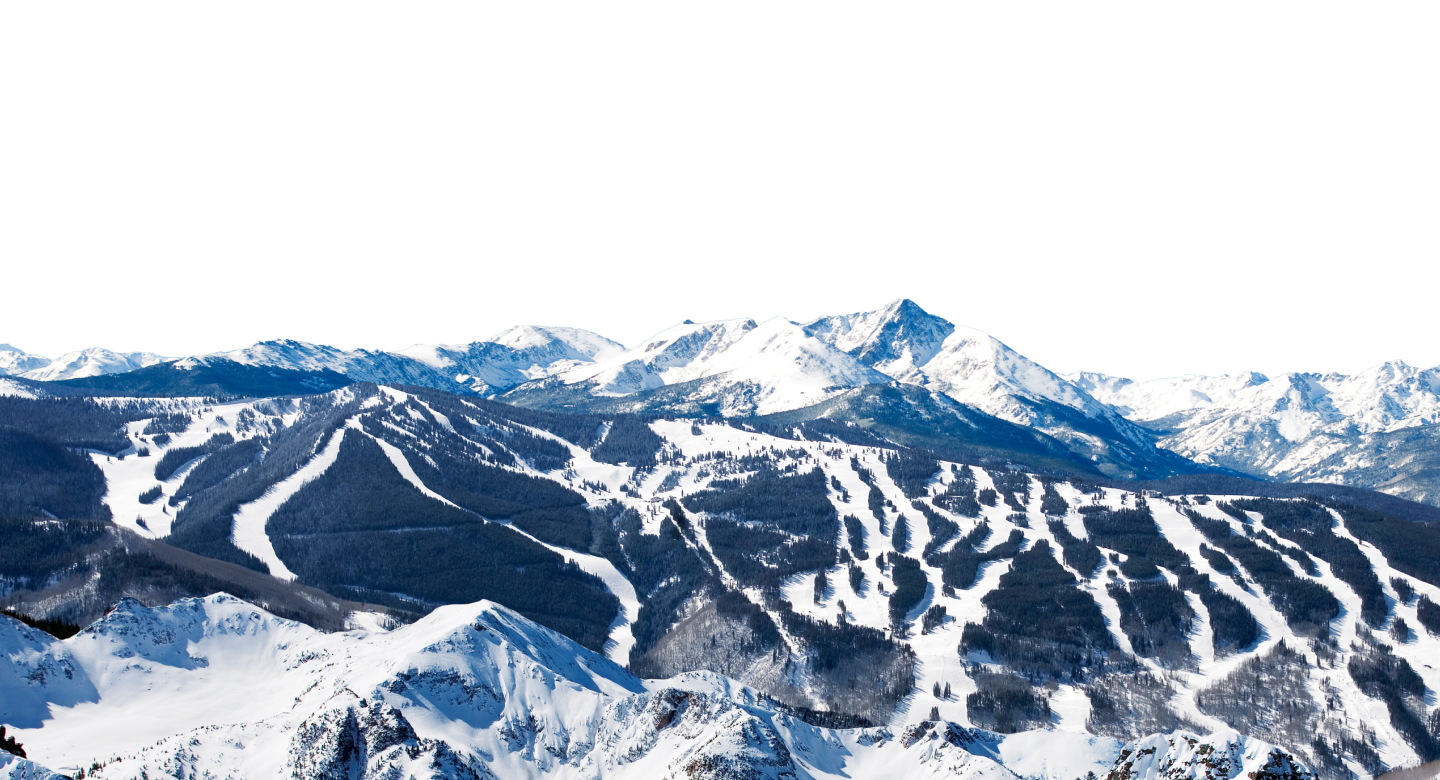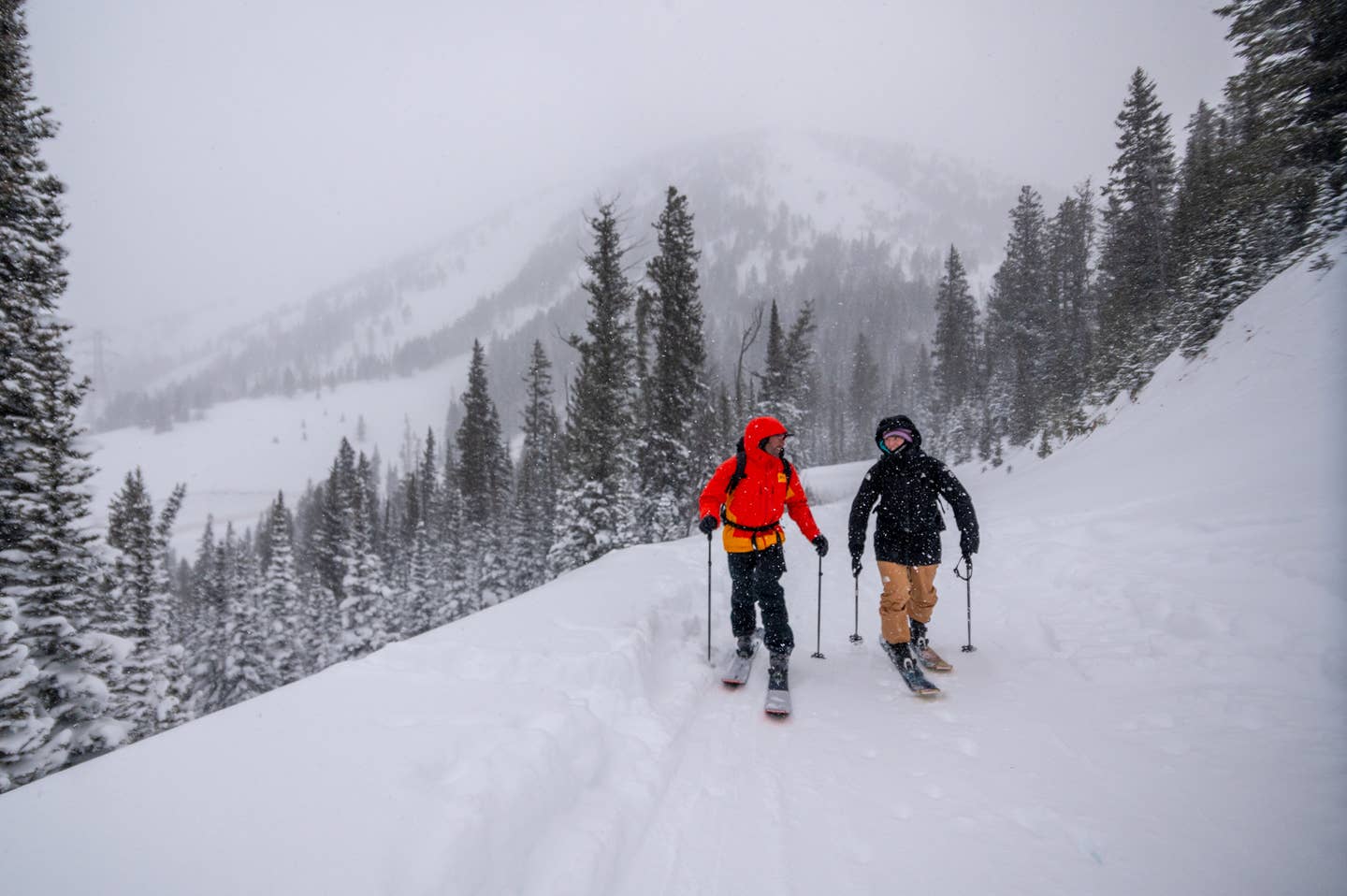

Janelle Yip Interview | The Importance of the Human Factor
Popular Stories
After a nasty backcountry skiing accident cut her 2021 season short and left her with an orbital bone fracture and a nasty concussion, Yip spent some time reflecting on what she wanted to change about her approach to riding and the emotional impact of a traumatic injury. Did she push it too far that day? As a founding member of the Blondes, an all-female shred crew based in BC, Yip reached out to her close friends and riding partners Emily Childs and Tonje Kvivik to answer that question and think about how their crew operates. At IPRW2023, Yip gave a talk about some things she's learned and she has some valuable lessons to share with us about decision making, mindset, and keeping the vibes high in the backcountry while staying safe. There's some simple, valuable lessons that we can all apply to any day in the backcountry.
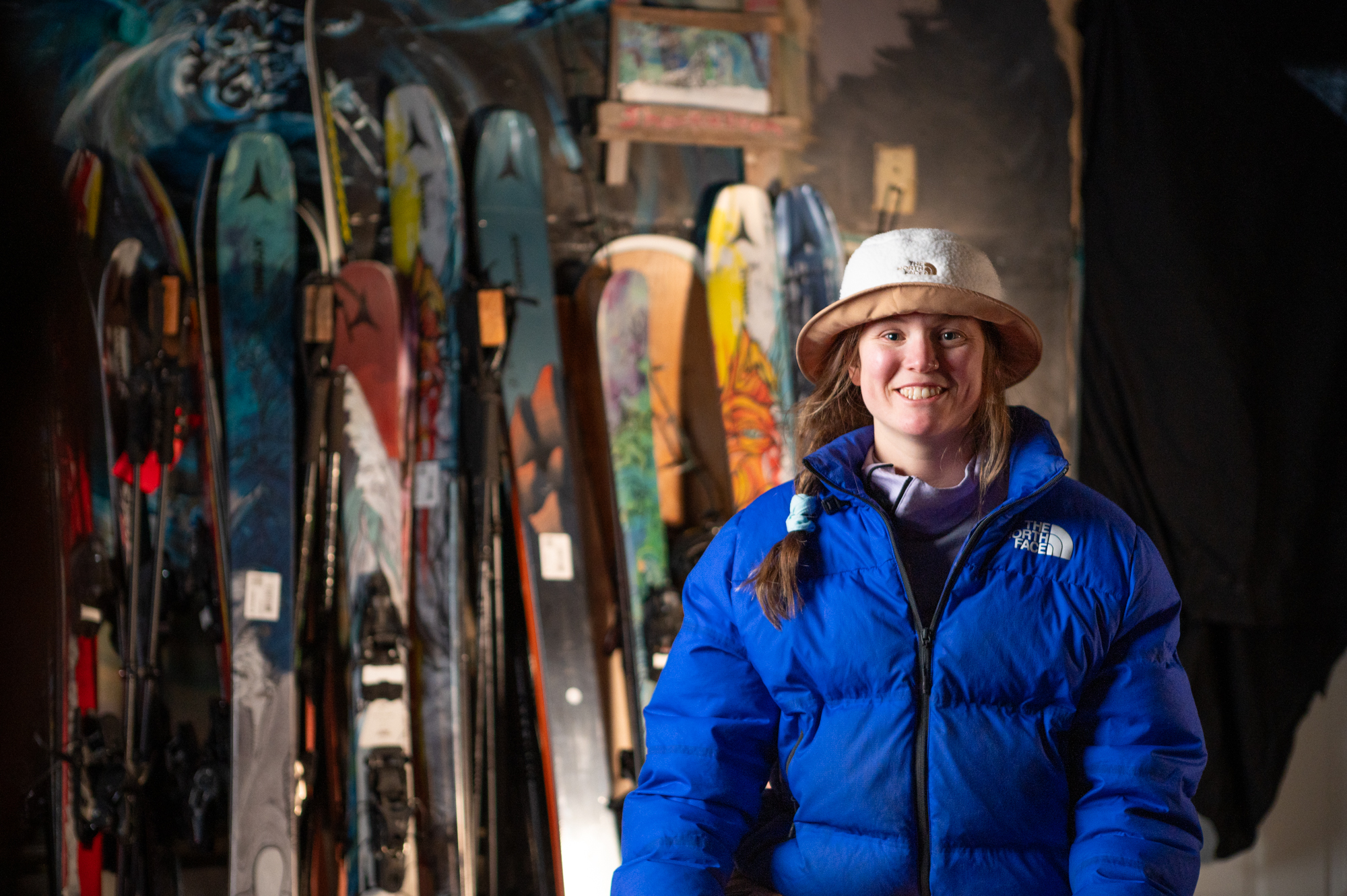
Hey Janelle! Can you introduce yourself to the TGR audience?
I'm Janelle Yip, a professional skier new to the TGR crew. I built my career with my two best friends, Tonje and Emily, when we started a ski crew in 2017 in Revelstoke, BC. We instantly had a really strong connection, and together, we created an unmistakably hilarious energy that cannot seem to be contained as such the Blondes were created. We just had so much energy and needed to do something about it.
When you go out riding with the Blondes, walk us through a typical daily game plan. What do you guys talk about? What goes into your planning for the day?
We usually decide on our objectives the night before. We sit down as a group with our film crew and look at weather, avalanche conditions, snow conditions, and Google Earth. Then, we all decide what is going to be the best zone for the day based on a bunch of factors. We also take into account group dynamics such as fatigue and group size.
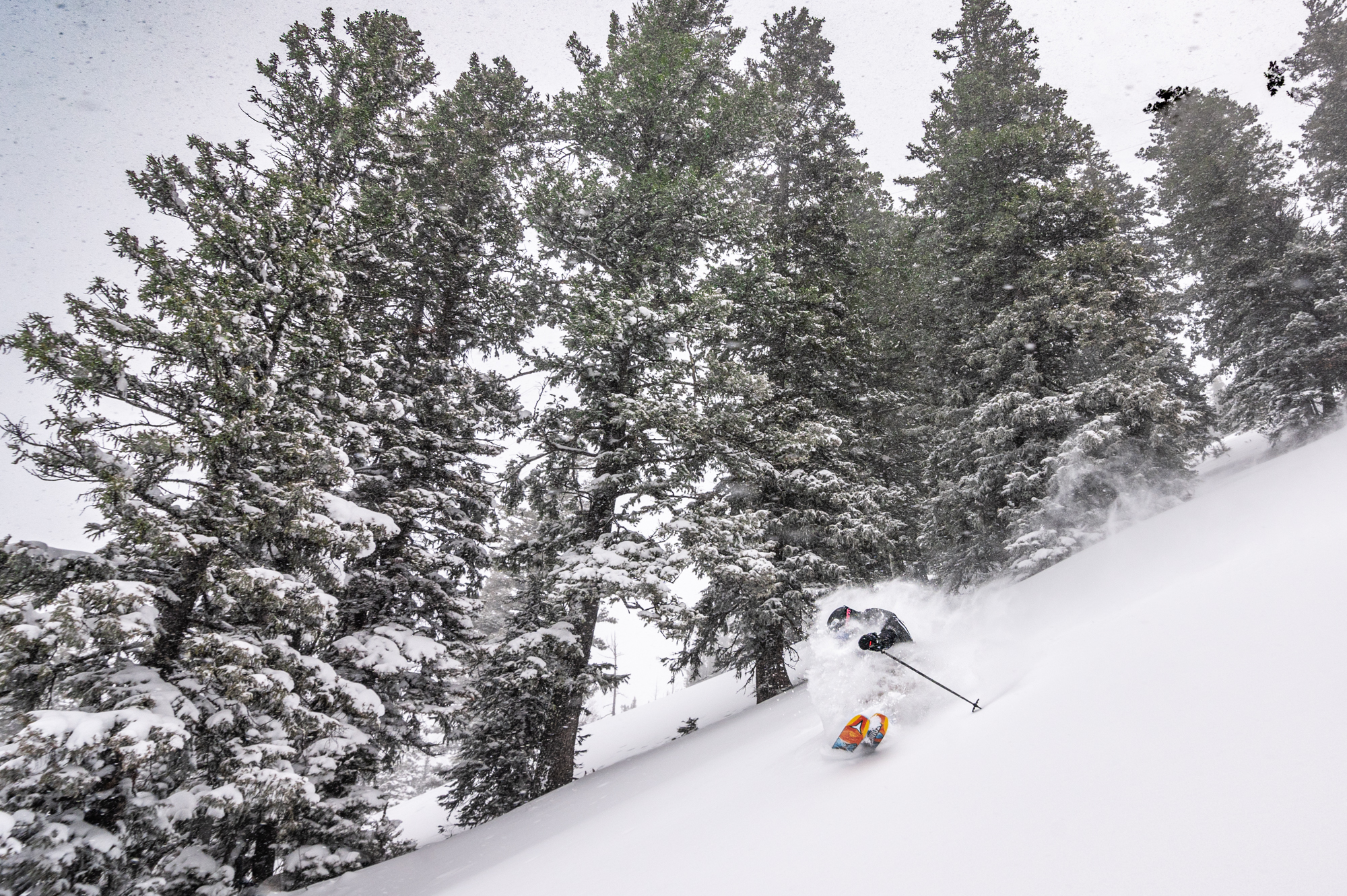
You've talked about the importance of trusting your "gut feeling"- how do you incorporate managing that with your decision making?
To speak to intuition, I've been filming with Tonje and Emily for the last 6 years. We've had a lot of experiences together and have made mistakes that have both resulted in injury or avalanche. Mistakes are how you learn. I've learnt a lot from this especially about trusting my intuition which shows up in my body in my tummy, or a gut feeling. I've had experiences when I ignored my gut feelings, and in hindsight, every single time I wish I had listened to it. It's a really powerful tool that absolutely has to be utilized. The mountains are so unpredictable but if we remain observative, patient and intune with the people around us, it's possible to avoid risks.
I have this rule in the backcountry and it applies to avalanche safety and also self-preservation regarding injury. The TUMMY FEELING. If someone has any doubts in the crew we ask one another if that's a tummy feeling, and the tummy feeling trumps all other discussion. If one crew member wants to ski something and the other is like, "No, I don't think we should do that, I'm having a tummy feeling about it," that means we're stepping back and doing something else. I've ignored my gut instinct a couple of times and had some close calls, something which I don't take lightly. A close call is a rare opportunity the mountains have provided from which to learn and debrief the situation extensively, and be able to learn from it. Close calls are really important opportunities to learn from mistakes.
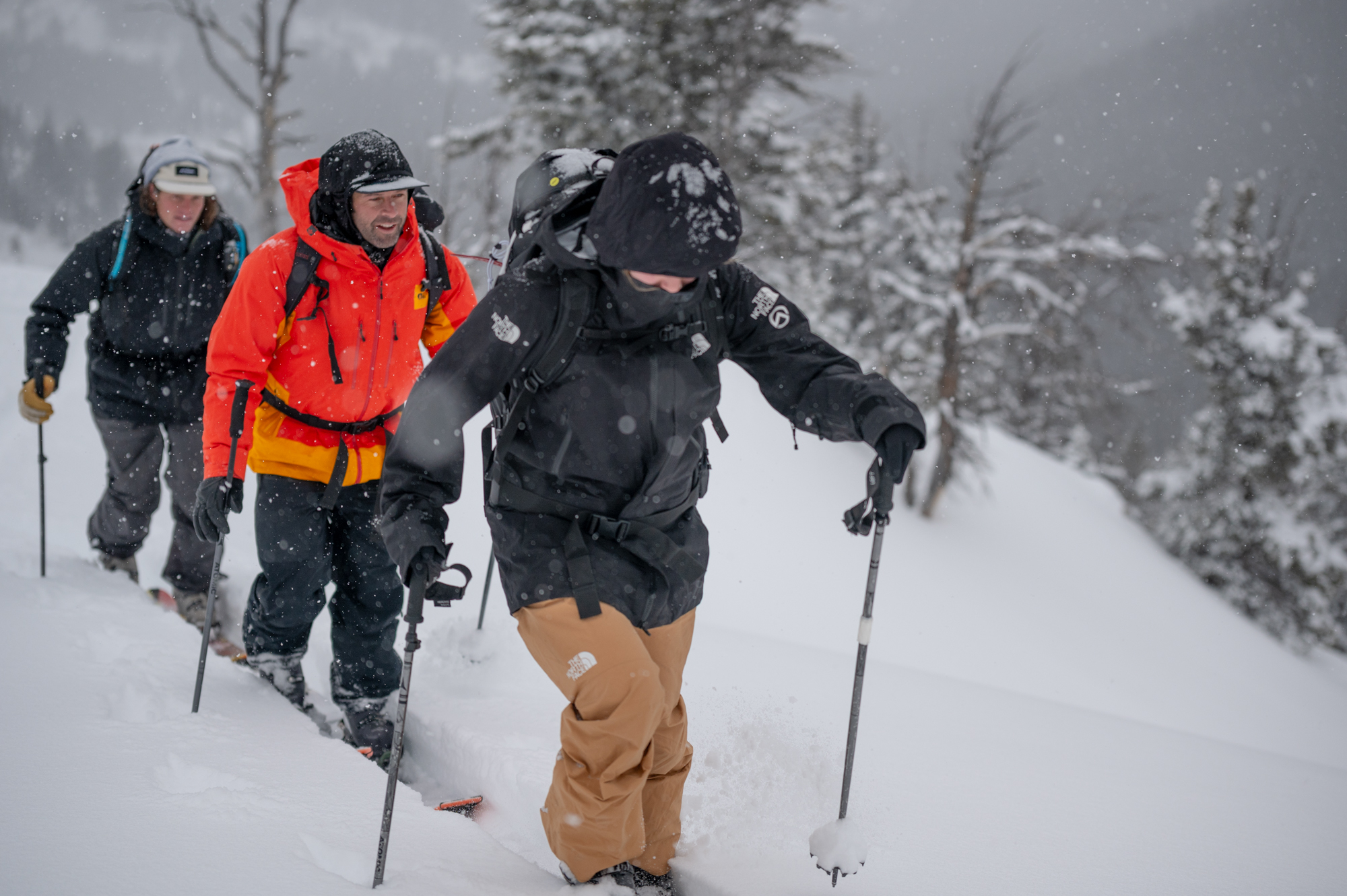
What are some group dynamic red flags you look out for, and how do you manage them?
Our Newsletter
Group size is a big one. I find that there is an awkward seasonal transition time in the early season where everyone is just transitioning from summer activities like mountain biking, where a bunch of people can come along and safely have a good time. Backcountry skiing is different - it is dangerous to have a really large crew of people, and I personally don't like to go out with people I haven't met or don't know very well. If something goes wrong then things can quickly turn into a life or death situation and it's important to know the experience of your crew. If I'm going out with new people I try to stay away from complex ski terrain and ski something mellow.
Another one is ego and overconfidence. This is always a red flag.
Brain health - it doesn't get talked about enough in skiing. Is there anything you'd like to share about what you've learned about keeping your head healthy in this process?
Eat your vegetables and meditate!
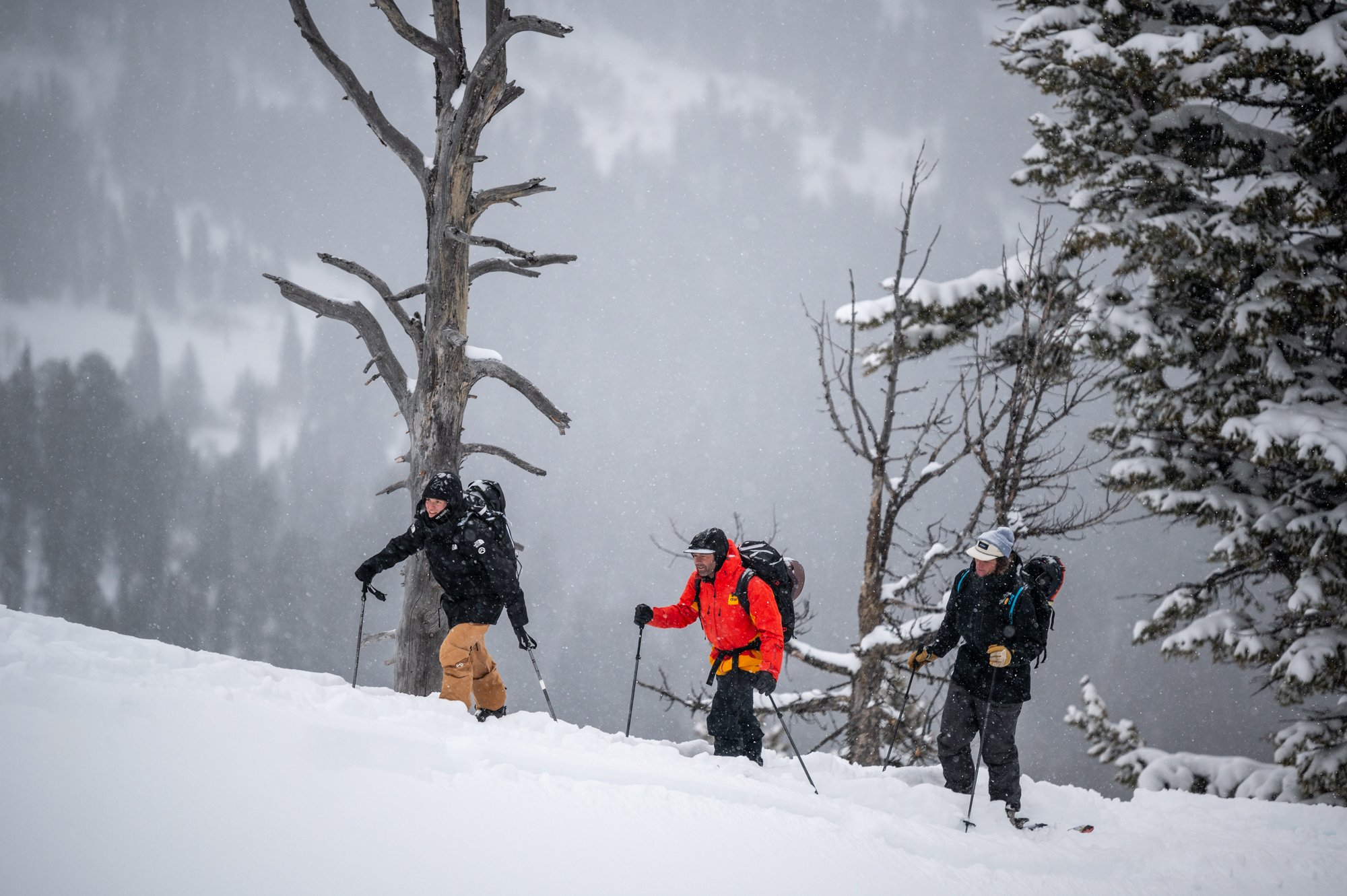
How do you see yourself applying any new lessons you've learned this year at IPRW to your skiing?
At IPRW I learned to trust myself most of all. I was appointed the team leader of our group. I have never been put in a "leader" role and tend to shy away from it but I took charge, and was really happy when I was able to react well under pressure. I've never tested myself in that way, and I learned that a rescue scenario takes a long time. It's nice to know I can trust myself and my team to respond well.
What are you looking forward to the most this season?
Skiing!
